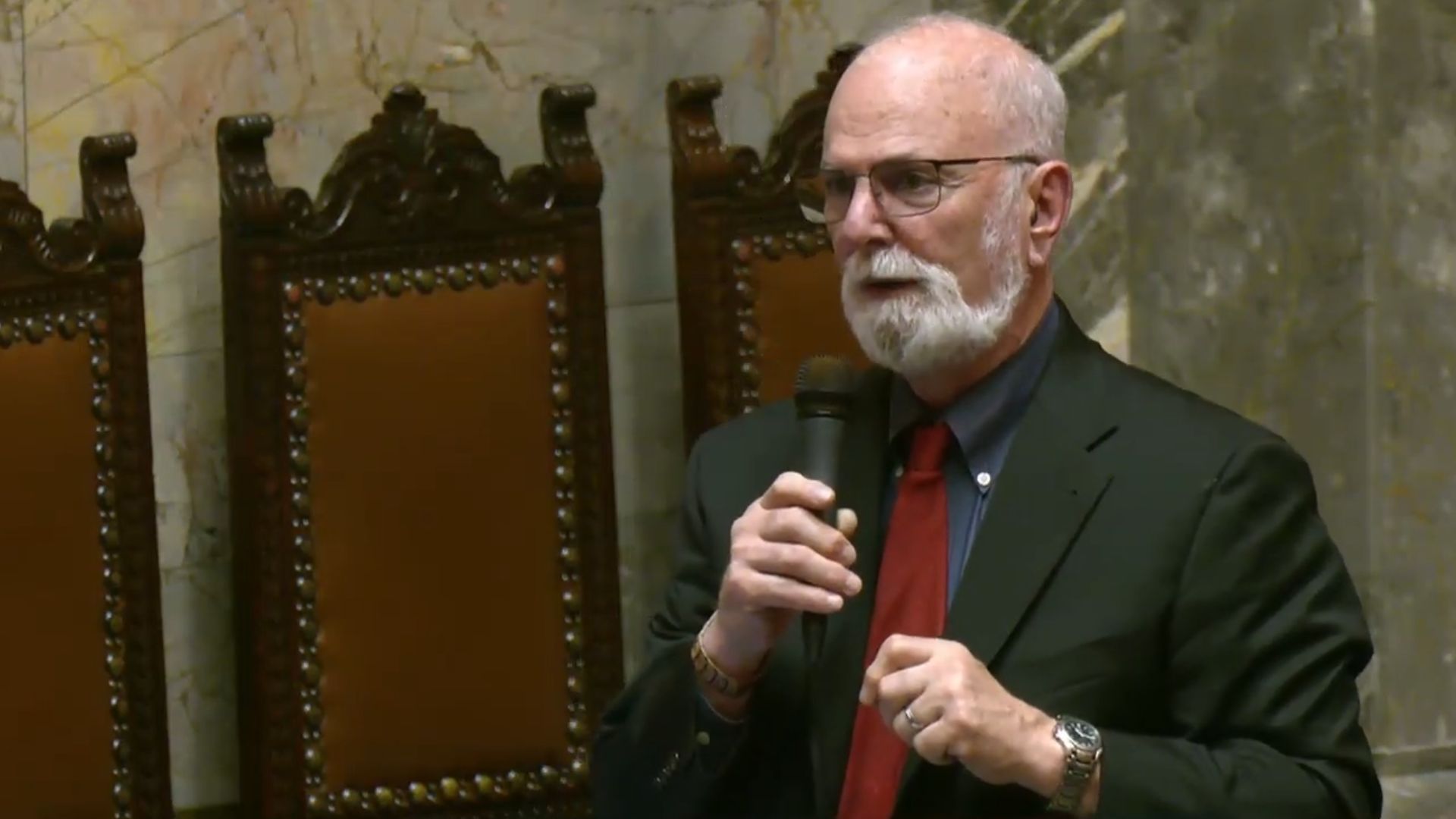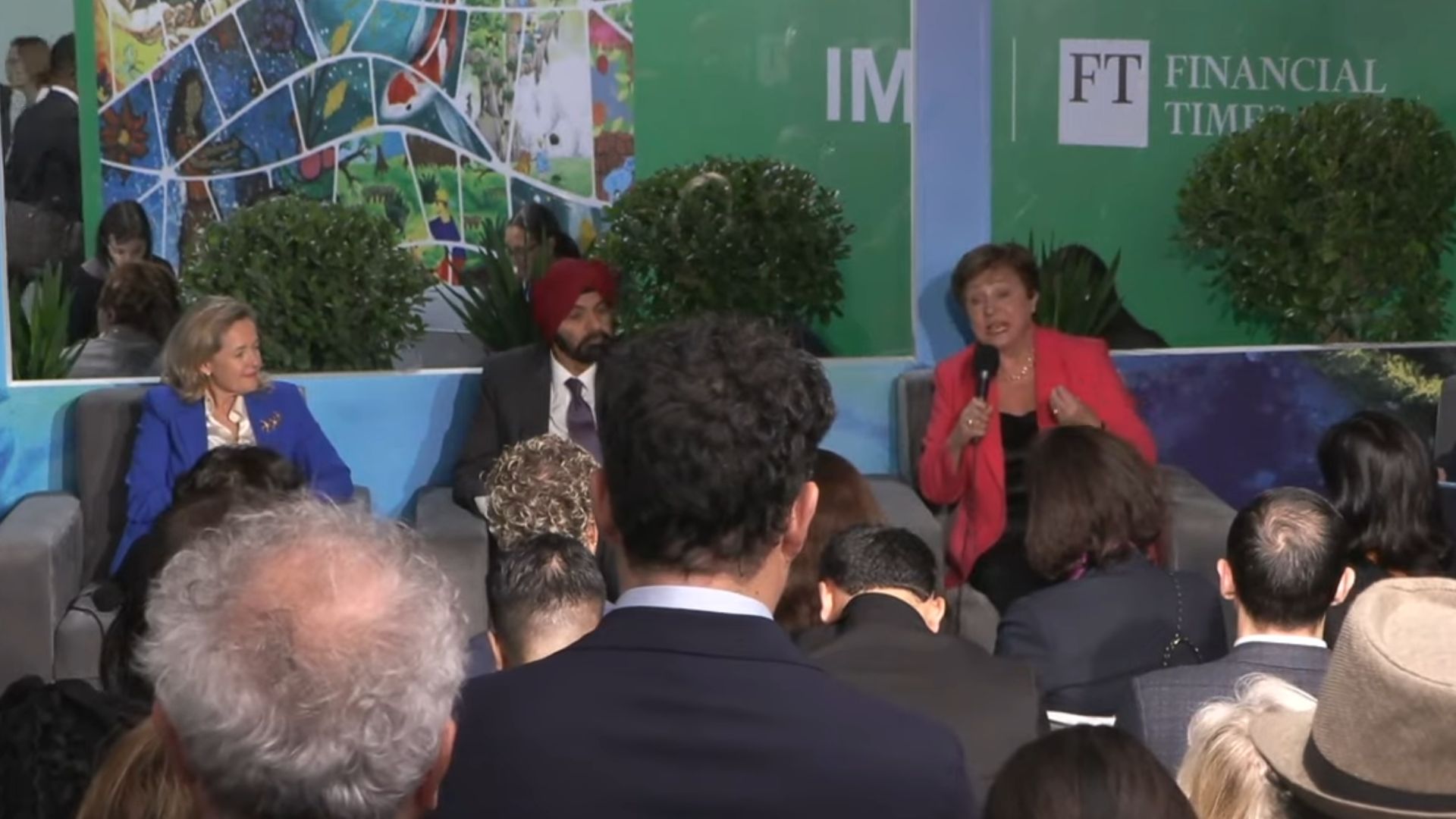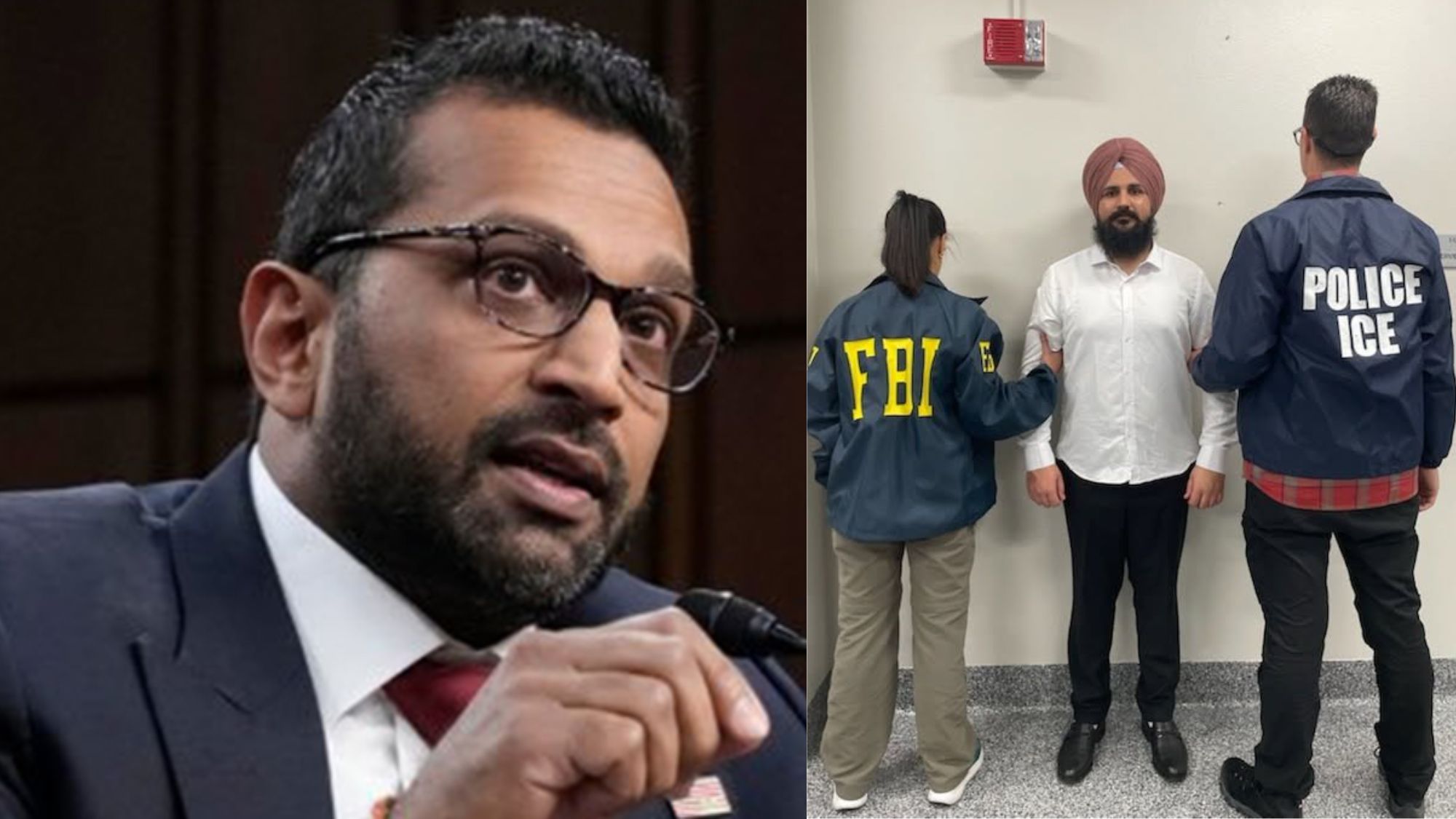OLYMPIA, Wash. (Diya TV) — Just weeks after an amendment to add political affiliation to Washington’s hate crime law was rejected, an attack on a student at Washington State University has reignited debate over the need for such protections.
The Legislature approved House Bill 1052 last week, expanding the definition of hate crimes to cover a broader range of perceived victim characteristics — but excluding political beliefs, a category proposed by Washington State Senator Phil Fortunato, R-Auburn.
“This is exactly what I warned about,” Fortunato said in a statement. “A student of color was assaulted for wearing a MAGA hat, and yet our laws still don’t recognize political violence as hate. Democrats had the chance to fix that and chose not to.”
The February incident took place in Pullman, where WSU junior Jay Sani, a Republican and member of the conservative student group Turning Point USA, was wearing a red “Trump 2024: Take America Back” hat on campus. According to police reports and security footage first detailed by local law enforcement, political science instructor and Ph.D. student Patrick Mahoney allegedly confronted Sani, grabbed his hat, and repeatedly punched him while shouting profanities. Another WSU employee, Gerald Hoff, reportedly assisted by tackling and kicking the student.
Both suspects admitted their roles to police, according to the incident report. Mahoney, who described himself to officers as a “far-left activist,” allegedly told investigators he believed Sani “got what’s coming to him.”
Despite the apparent political motivation, Pullman Police concluded the attack did not meet the state’s legal definition of a hate crime — a gap Fortunato said his amendment was designed to close. Under current Washington law, hate crimes are defined by targeting someone based on characteristics like race, religion, sexual orientation, or disability. Political beliefs are not included.
“Democrats passed a bill to broaden hate crime protections, but when I proposed adding political affiliation, they shut it down,” Fortunato said. “Now, a minority student gets attacked by two white adults over a political hat, and under current law, that’s not even considered a hate crime. It’s outrageous.”
WSU has since suspended Mahoney, but Fortunato argues the bigger issue is the law’s inability to address politically motivated violence.
“If we’re going to protect people from violence based on who they are or what they believe, that must include political views,” Fortunato said. “Otherwise, the law is just a political tool for the majority party.”
House Bill 1052, now awaiting Gov. Jay Inslee’s signature, expands hate crime protections by allowing prosecutors to consider whether an attacker perceived their victim to belong to a protected class, but political belief remains absent from the list.
Fortunato, who has long advocated for adding political ideology to the state’s hate crime statute, called the omission a failure to protect all Washingtonians equally.
“This isn’t about Republicans or Democrats,” he said. “It’s about whether someone can walk down the street in Washington wearing a campaign hat without getting attacked. Senate Democrats don’t think that’s a right worth protecting.”
The Pullman assault has sparked broader discussion on both sides of the aisle about the state’s evolving definition of hate crimes and whether political ideology should stand alongside other protected categories in Washington law.




